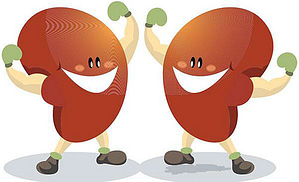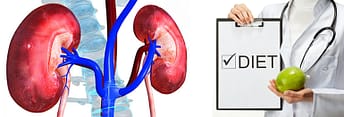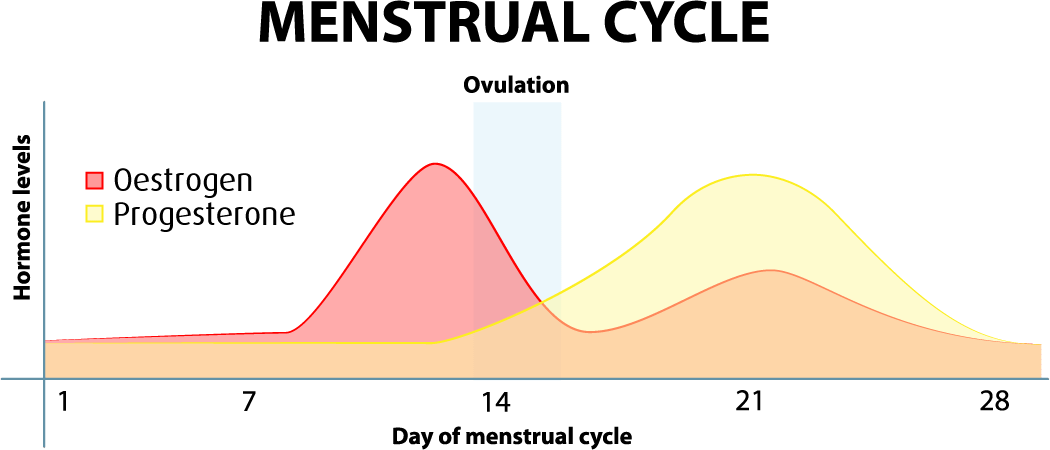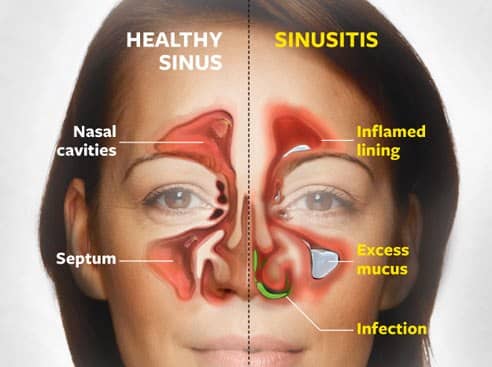Kidney Disease: Causes, Symptoms, and Treatment
The average, healthy person has two kidneys. They are both about the size of a fist and are located at either side of the spine, just below the rib cage. The role of the kidneys is to help the body detoxify by getting rid of or filtering out waste through the urine. The kidneys also help manage blood pressure, remove toxins, and regulate hormones. With such a big job to do, when the kidneys fail and disease the filtering work no longer occurs, dangerous levels of waste accumulate in the body. This leaves the body no longer clean, strong, or functioning properly.

For some, there are no symptoms, only sudden kidney failure, which leads to hospitalization. Even when symptoms are felt, however, they can be very dangerous—even life-threatening.
Signs and Symptoms Include:
- Nausea
- Confusion/Foggy Brain
- Drowsiness
- Shortness of Breath
- Chest Pain/Pressure
- Fluid Retention: Swelling in Legs, Ankles, and/or Feet
- Decreased Urine or None at All
- Frequent Urination
- Dehydration
- Kidney Pain: Throbbing, Tenderness, Known as “Flank Pain”
Contributing Factors
Unfortunately, people with kidney failure symptoms are not always aware that this is what’s causing their health problems. This is due to the number of underlying reasons that contribute to kidney failure. Certain risk factors and conditions that block the urinary passage can lead to acute kidney failure. These are dehydration, urinary clots/obstructions, enlarged prostate, cancer, kidney stones, and nerve damage in the bladder. In most cases, kidney failure accompanies medical/lifestyle conditions such as diabetes, liver and kidney disease, heart failure and high blood pressure. Other causes are advanced age, being hospitalized in intensive care, bone marrow/organ transplants, high amounts of blood loss, obesity, and a poor diet. Finally, kidney failure can also be a result of an injury/damage to the kidneys.
Solution?
While there is no permanent solution for kidney failure, there are ways to treat the symptoms and keep the person as healthy as possible. Once a doctor has diagnosed kidney failure through blood/urine tests, or ultrasound to find signs of swelling and inflammation in the kidney and digestive organs, it is up to him to decide how aggressive treatment needs to be moving forward. When the kidneys have only 10 to 15 percent normal function left, a doctor will want to consider dialysis for treatment. Dialysis acts as a substitute for many of the normal functions of the kidneys.
When a person has kidney failure, their diet is sensitive, with the disease altering metabolism of protein, water, salt, and potassium. Many people find that going to a nutritionist/dietitian is helpful in knowing what they should or should not be eating.
Kidney-Healing diet
Add these
- Unprocessed foods
- High antioxidant foods
- Foods high in electrolytes
- Cranberries and blueberries
- Celery
- Burdock
- Leafy Greens
- Plenty of water
Avoid these
- Dairy
- Processed meats
- Caffeine
- Alcohol
- Too much protein
- Highly acidic foods, like spinach, tomatoes, beets, etc.
- High sodium foods, like frozen dinners, canned soups, fried foods, fast foods, etc.
Anyone with kidney failure should always consult with their doctor before taking any medications and even supplements.
While there are some that can intensify symptoms, there are herbs and supplements that can aide in preventing kidney damage.
Incorporate any of these
- Magnesium may help prevent kidney stones
- B6 may reduce calcium-oxalate levels
- Vitamin E may lower calcium-oxalate levels
- Aloe Vera may help reduce urinary crystals
- Cranberry Extract may reduce urinary calcium levels
- Lemon Essential Oil may reduce the risk of kidney stones
One thing to remember is that kidney failure is serious, but it does not always mean lifelong dialysis or risk of death. Many factors determine the outlook, such as overall health and age. It is possible to live a fulfilling life with failed kidneys. At Forum Health Clarkston, we specialize in reversing and delaying chronic disease. Our staff is able and ready to help you manage your symptoms and live the fulfilling life you are meant to live!
Adrian Schirr
Forum Health Clarkston
7300 Dixie Hwy, Suite 500, Clarkston, MI 48346
248-625-5143
References:
Draxe.com/kidney-failure/
Mayoclinic.org/diseases-conditions/kidney-failure/







